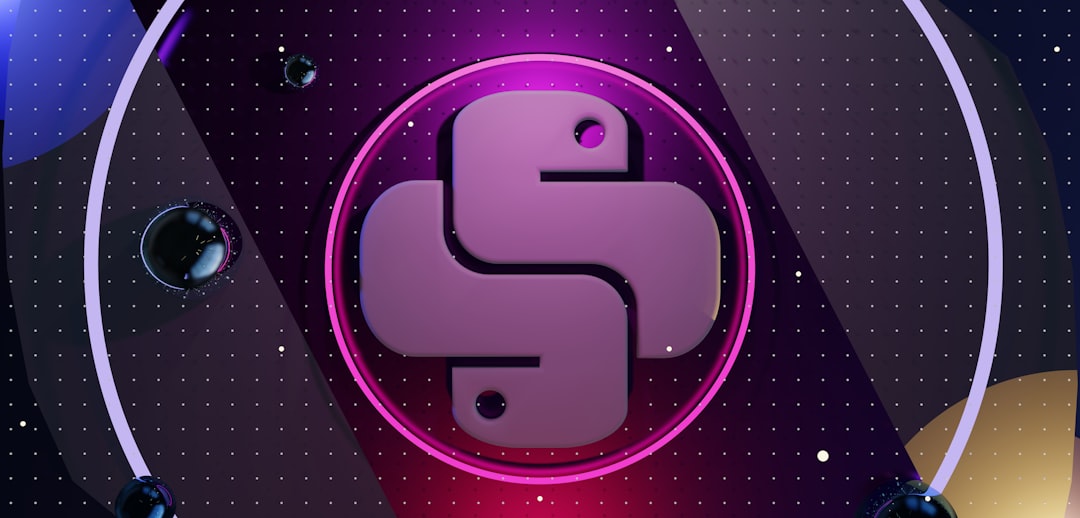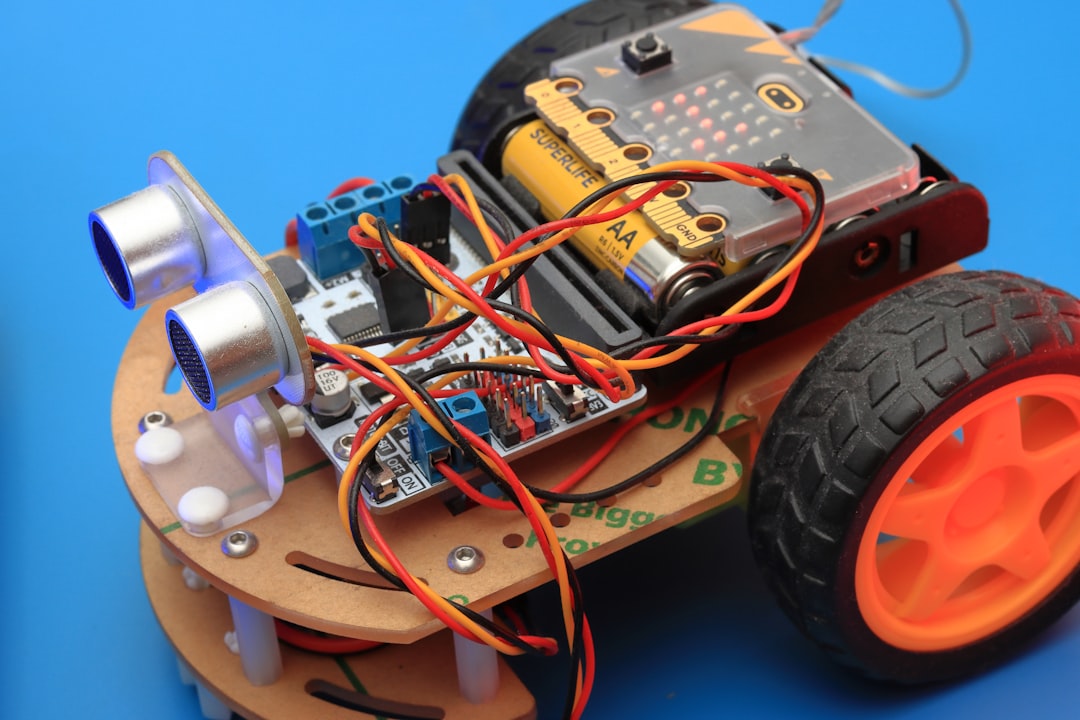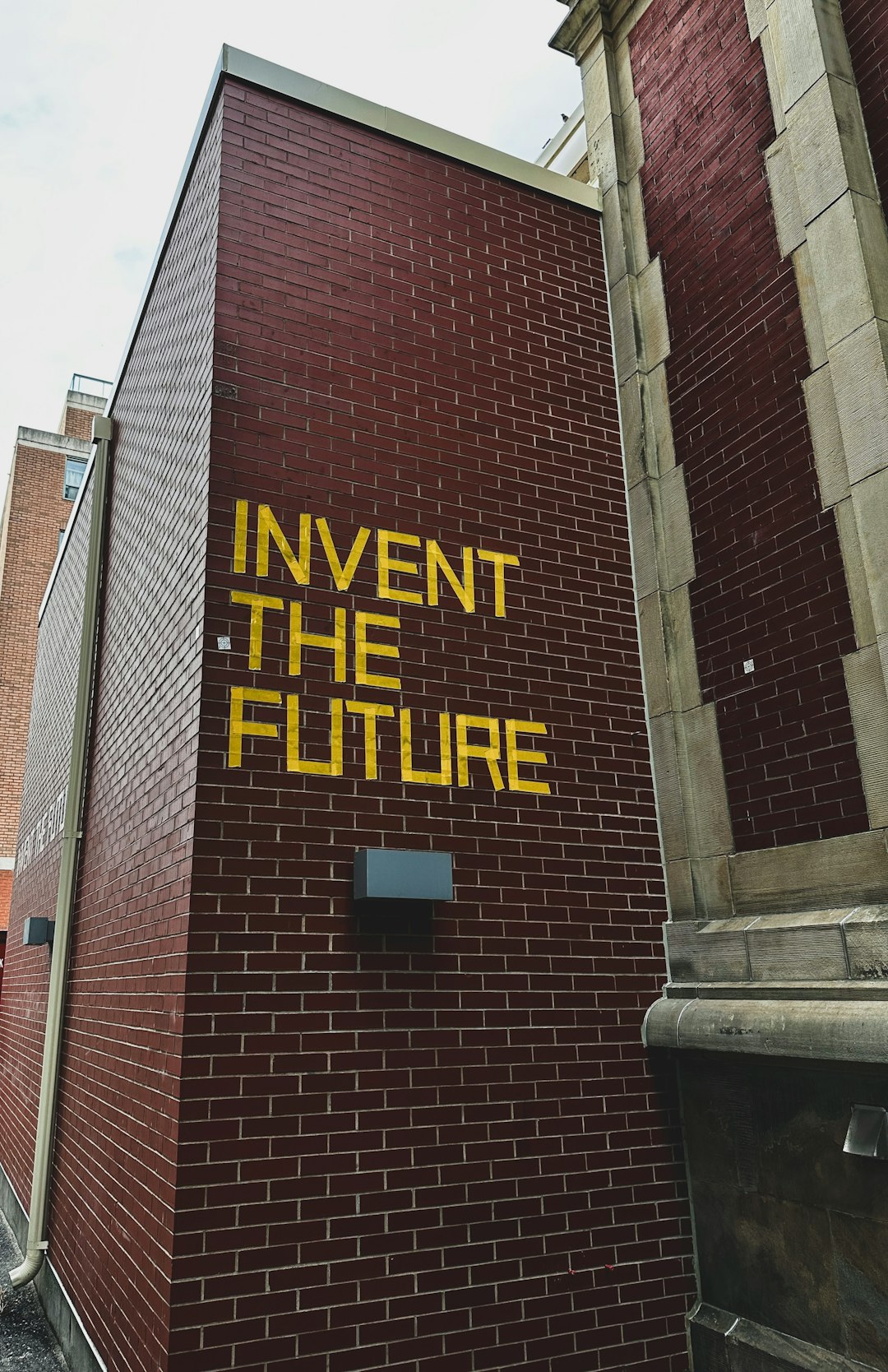
Best Programming Languages to Learn for AI Development in 2025
AI is getting smarter every day. From voice assistants to self-driving cars, artificial intelligence is everywhere. Want to jump into this exciting world? You’ll need to know the right programming languages. But don’t worry! We’ve got you covered.
This fun and simple guide will help you choose the best programming languages to learn for AI development in 2025.
Why the Right Language Matters
Some languages are just better at handling AI tasks. Others are just… not. The right one can make your life easier and your code faster. It also depends on what part of AI you’re working on. Machine learning? Deep learning? Speech? Vision? Different tasks, different tools.
Top 6 Programming Languages for AI in 2025
1. Python – The King of AI
Python isn’t just popular. It’s the GOAT (Greatest Of All Time) in AI. And probably will be in 2025 too.
- Easy to read and write
- Tons of libraries like NumPy, TensorFlow, PyTorch
- Big community support
Whether you’re building a chatbot or a smart robot, Python can do it. It’s also great for beginners!

2. JavaScript – AI on the Web
Think JavaScript is only for websites? Think again. In 2025, AI will live in your browser too.
- Run AI models right in the browser
- Use libraries like TensorFlow.js
- Perfect for real-time applications
JavaScript makes your AI work on phones, desktops, and even smart TVs. Fast and accessible!
3. Julia – Speed and Performance
Need blazing speed for huge data sets? Julia’s got your back.
- Fast like C++, easy like Python
- Best for scientific computing
- Great for AI research and prototyping
In 2025, more AI scientists are likely to turn to Julia for its power and elegance.
4. Java – Enterprise AI Hero
If you’re building AI for big companies, Java is still the boss.
- Robust and scalable
- Great for building production-level AI apps
- Use powerful libraries like Deeplearning4j
Java in AI may not be trendy, but it’s strong, reliable, and here to stay.
5. C++ – Under the Hood
Python is easier, but C++ is faster. Especially when you need real-time AI.
- High-performance computing
- Used in gaming, robotics, and autonomous systems
- Back-end of many AI libraries
C++ isn’t for the faint-hearted, but it’s crucial in advanced AI systems.

6. R – AI for Data Scientists
If you live and breathe data, R could be your best friend.
- Made for statistics and data visualization
- Awesome for exploratory data analysis
- Useful libraries like caret and randomForest
R isn’t as flexible as Python, but it shines in data-heavy AI tasks.
Honorable Mentions
Swift for TensorFlow: Perfect if you love iOS and AI together.
Go: Fast and scalable. Good for AI microservices.
Rust: Safe and speedy. Growing in AI popularity.
How to Choose the Right One?
Still confused? Don’t worry. Here’s a quick guide to help you decide:
- Beginner? Start with Python. You’ll love it.
- Web AI? JavaScript is your best bet.
- Building AI for apps or large systems? Try Java.
- Need max speed? Use Julia or C++.
- Love data and stats? Go with R.
What About the Future?
By 2025, AI will be even more advanced. We’ll see smarter machines and more automation. But one thing won’t change—code will still power everything under the hood.
Bigger models mean better tools will be needed. Programming languages might evolve. But these six will likely stay at the top.
The lines between languages may blur. More cross-language libraries, faster compilers, and broader integrations will make coding in any language easier. But Python’s lead is tough to beat.
AI Isn’t Just for Coders
Here’s a secret: even tools that let you work with AI without coding are powered by one of these languages. So whether you code a little or a lot, learning one opens many doors.
Who knows? You might even help shape the AI world of tomorrow!

Final Thoughts
The future of AI is bright, exciting, and full of code! If you’re passionate about smart systems or just curious, learning the right language is step one.
Start simple. Stay curious. And choose the one that sparks your interest.
Now go code something amazing. The AI revolution is waiting!